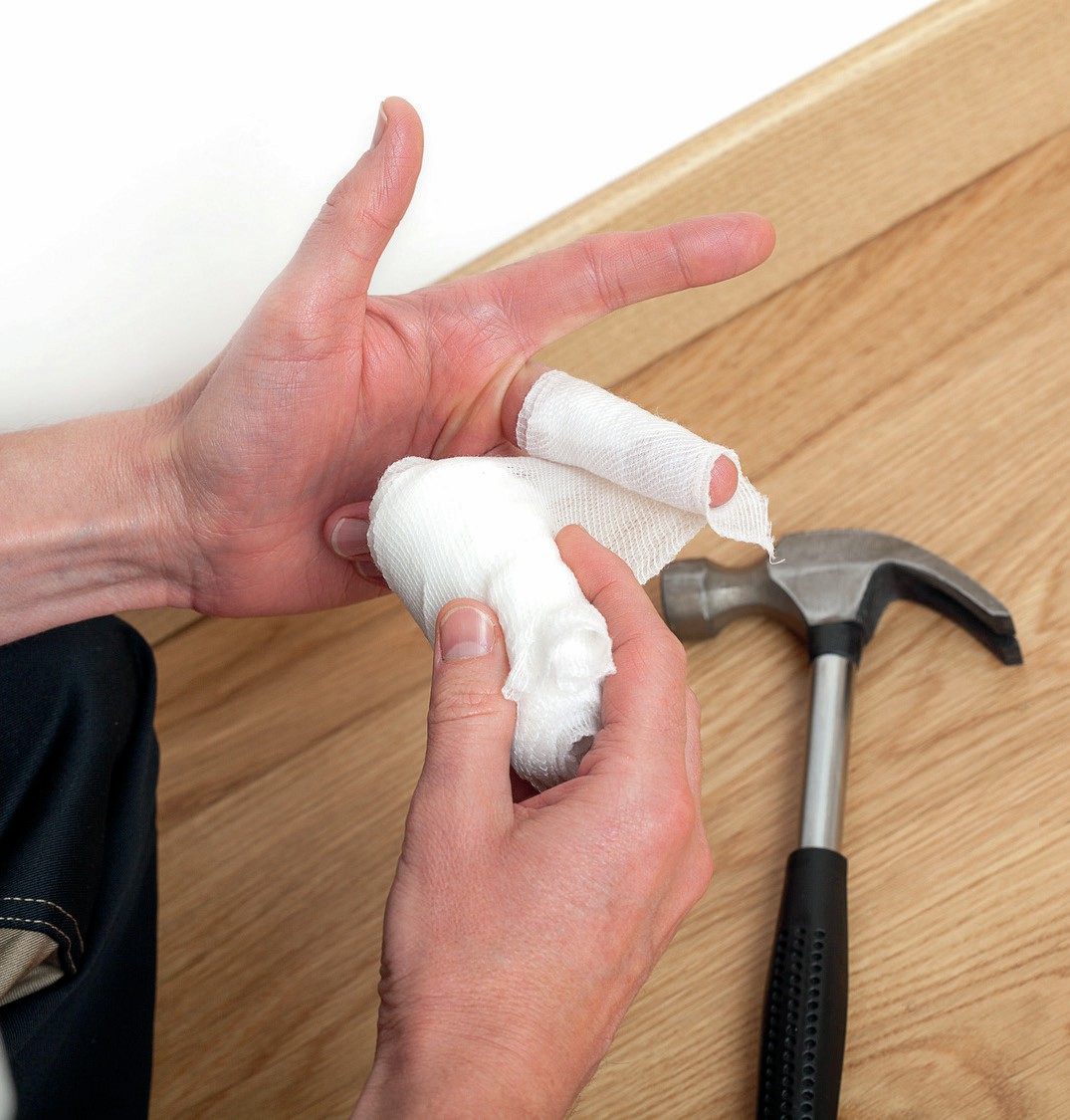
We’ve probably all done it — said a rude word when we’ve stubbed a toe or been hit in the face by a rogue football. Some of us say ruder words than others, but we all say rude words sometimes when shocked and in pain. So, why do we do this? Maybe it is because the shock has the effect of weakening our social sense and so we say words that we normally wouldn’t use. Or maybe it is because saying the rude word actually reduces the pain.
This was the idea behind a study by Stevens and colleagues. Of course it is difficult to get people to stub their toe or to kick footballs into their faces, so the researchers used cold water to test tolerance to pain. They asked people to hold their arm in icy water and to see how long they could keep it there. In this repeated measures study, in one condition participants were asked to repeat a swear word and in the other condition to repeat a neutral word. They found that swearing increased pain tolerance, increased heart rate and decreased perceived pain compared with not swearing.
Your organisation does not have access to this article.
Sign up today to give your students the edge they need to achieve their best grades with subject expertise
Subscribe




